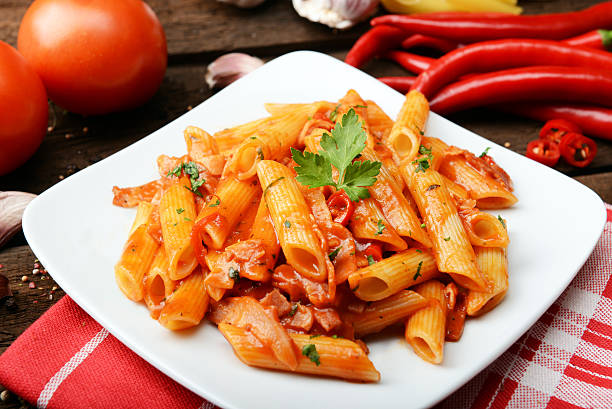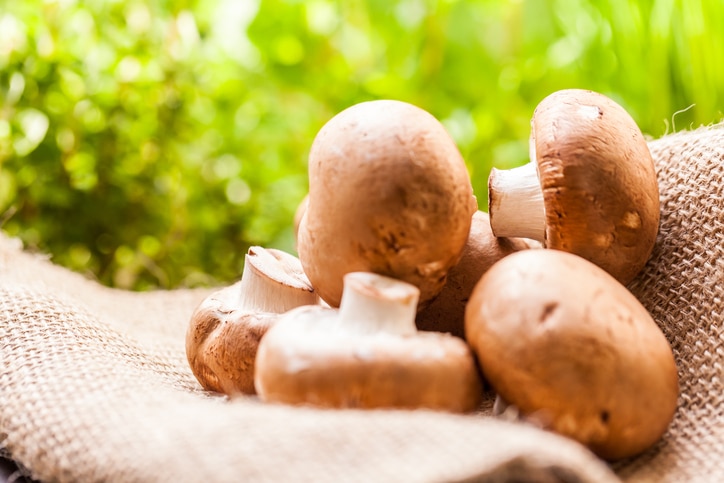A healthy vegan diet should include a variety of foods to make sure all nutrient needs are met.

Want to switch to a vegan diet but not sure where to start?
Here are the basics you need to know, including which essential vitamins and minerals you need for optimum health, and your beginner vegan meal plan.
Whether you’re considering a vegan diet for health or ethical reasons such as environmental factors or animal rights, a vegan diet can be a healthy, nutritionally adequate lifestyle choice that has numerous benefits.
The benefits of a vegan diet
Some scientifically-backed health benefits of following a vegan diet include the prevention and treatment of certain diseases, as studies have found that vegans typically have:
- A lower Body Mass Index (BMI)
- A decreased risk of type 2 diabetes
- Reduced blood cholesterol levels
- A lower chance of developing hypertension/high blood pressure
The dangers of being unprepared for a vegan diet
On the flip side, those who switch to a vegan diet too quickly without adequate planning and preparation can make the mistake of swapping out meat and dairy products for white bread, pasta, pastries and other packaged foods, which sets you up for failure.
It’s not a good idea to trade in animal products, which contain protein, vitamins, and minerals, for processed foods that provide little nutritional value other than empty calories and often loads of sugar. This in turn can lead to weight gain and overall poor health.

Penne arrabiata. Picture: iStock
Your vegan diet kickstart plan
Essential vitamins and minerals
A healthy vegan diet should include a variety of foods to make sure all nutrient needs are met.
However, even after eating a wide variety of foods such as wholegrains, legumes, fruit, vegetables and nuts, studies have shown that a vegan can still fall short of vitamin B12, vitamin D, iron (particularly haem iron found in red meat), calcium and omega-3’s containing EPA and DHA.
Before starting on a vegan diet, make sure you read on to find out how you can include the following essential vitamins and minerals in your diet:
Vitamin B12
Vitamin B12 is important for the normal metabolism of all body cells but no unfortified plant foods contain any significant amount of it.
If you’re starting on a vegan diet, include vitamin B12 fortified soya/rice milk or breakfast cereals into your diet, or supplement with vitamin B12.

Soy milk. Picture: iStock
Vitamin D
Vitamin D, also known as the ‘sunshine vitamin’, is a fat-soluble vitamin obtained from sunlight exposure, food and dietary supplements. It helps to regulate calcium absorption, making it a critical nutrient for bone health.
Vitamin D deficiency among vegans is a concern, and thus blood levels need to be tested first. If you’re deficient, you may need to take a good vitamin D supplement to meet your specific requirements.
There are two types of vitamin D supplements:
• D2 is from plant sources (suitable for vegetarians/vegans)
• D3 is from animal sources (mainly sourced from lanolin in sheep’s wool). Although vitamin D2 is probably adequate for most people, some studies suggest that vitamin D3 is more effective in the long run

Brown mushrooms. Picture: iStock
Iron
This is an essential mineral in all cells of the body even though it’s only needed in minute quantities. Iron (Fe) is a component of haemogloblin (the oxygen carrying protein in red blood cells) and this plays a major role in transporting oxygen around the body.
Iron deficiency is most frequently caused by a poor intake of iron. Dietary iron from animal products known as haem iron is more easily absorbed than the iron found in plants.
Tips to increase iron absorption:
• Eat more foods high in vitamin C, such as oranges, grapefruits, guavas, red, yellow and green peppers , tomatoes, broccoli, brussel sprouts and papaya with meals
• Take an iron supplement with 500mg vitamin C to help increase absorption
• Avoid drinking tea and coffee with meals (tannins in the tea and coffee inhibit iron absorption)
• Good plant food sources of iron include; legumes, iron –fortified foods (e.g cereals), tofu and tempeh, nuts, seeds, green leafy vegetables, eggs, whole grains (e.g. quinoa, brown rice, rolled oats)
Plant food sources of iron. Picture: iStock
Calcium
Calcium is a mineral necessary for bone health, plus it plays a role in muscle functioning, nerve signalling and heart health. Whether you’re following a vegan diet or not, it’s important to ensure you’re getting enough calcium in your diet.
Vegans should eat calcium-fortified tofu, soy milk, tempeh, plus legumes, green leafy vegetables, nuts and seeds to meet daily requirements. If you aren’t eating these foods regularly, consider taking a calcium supplement.
Omega-3’s
Long chain omega–3 fatty acids eicosapentaenoic acid (EPA) and docosahexaenoic acid (DHA) are essential for mental and physical health as well as general brain development.
While it’s true that the plant-based omega-3 fatty acid, alpha-linolenic acid (ALA) found in ground flaxseed, flaxseed oil, tofu, soybeans, and walnuts can be converted into EPA and DHA, the conversion is believed to be insignificant and inadequate.
As a result, it is suggested that vegans in particular, get their required DHA from concentrated microalgae.
Read the original article on Southcoast Sun
For more news your way, download The Citizen’s app for iOS and Android.
Support Local Journalism
Add The Citizen as a Preferred Source on Google and follow us on Google News to see more of our trusted reporting in Google News and Top Stories.








